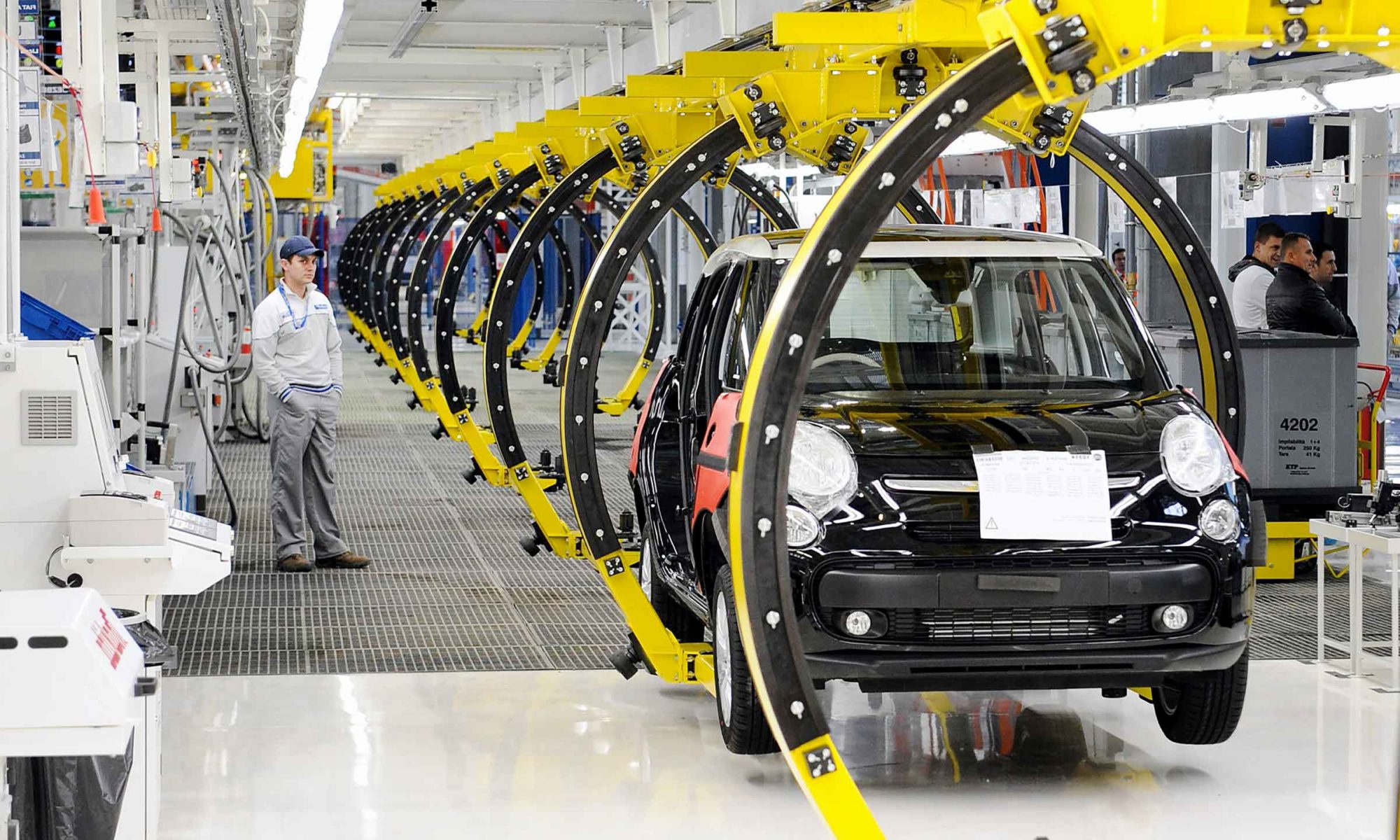Due to their light weight and mechanical properties, Thermoset fiber-reinforced composites are ideal materials for use in demanding sectors, such as the automotive industry or construction. They are traditionally still made from fossil raw materials and are hardly repairable, reprocessable or recyclable, resulting in a lot of waste. That will change thanks to research in the BBI JU project ECOXY, in which 13 parties from 8 European countries cooperate.
ECOXY is focused on the development of innovative biobased epoxy resins and fiber reinforcements. Not only is natural fibers used instead of the traditional glass or carbon fibers. The traditional fossil matrices have also been successfully replaced by bio-based epoxy resins. In addition, conventional hardeners are being replaced by dynamic hardeners, which make it possible to reuse or recycle the end result.
Promising results
ECOXY has now achieved promising results on a laboratory scale. For example, composites are made from epoxidized vegetable oils and from other types of biobased molecules, originating from lignin or algae. These appear to have good compatibility with the developed biobased and natural fibers.
The next step is scaling up the synthesis of biobased macromolecules. Then larger samples and demonstration systems will be prepared. Ultimately, this should lead to the production of biocomposites that meet the high demands of the construction and automotive sectors and that are fully repairable, reusable and recyclable.
Involved in the ECOXY project are Fundación CIDETEC (Spain), University of Nice Sophia Antipolis (France), Specific Polymers (France), Weverij Flipts & Dobbels NV (Belgium), Avantium Chemicals BV (The Netherlands), Centre Scientifique et Technique de l’Industrie Textile Belge (Belgium), Fundación AITIIP (Spain), Fraunhofer-Gesellschaft zur Förderung der angewandten Forschung e.V. (Germany), Centro Ricerche FIAT (Italy), AIMPLAS (Spain), Bergamo Tecnologie (Poland), European Composite Recycling Technology (Denmark) and Vertech Group (France).



